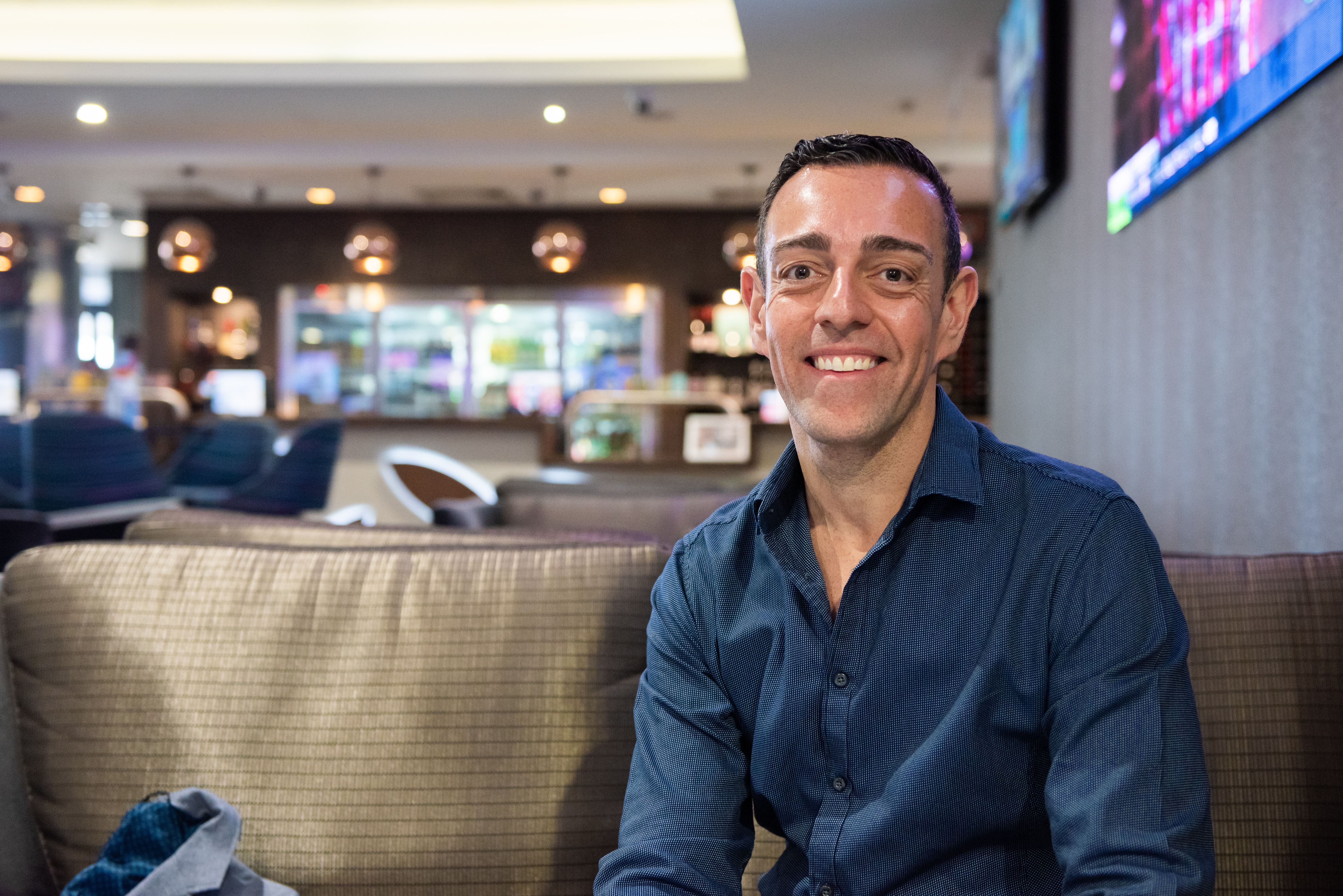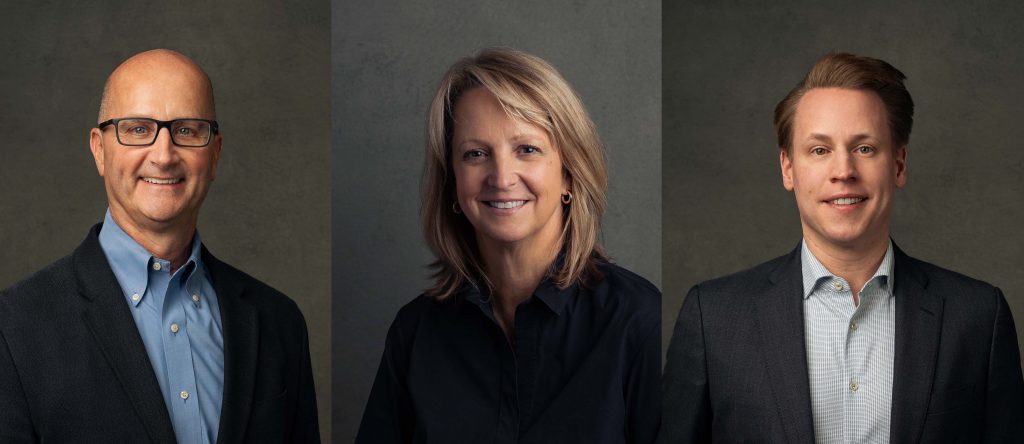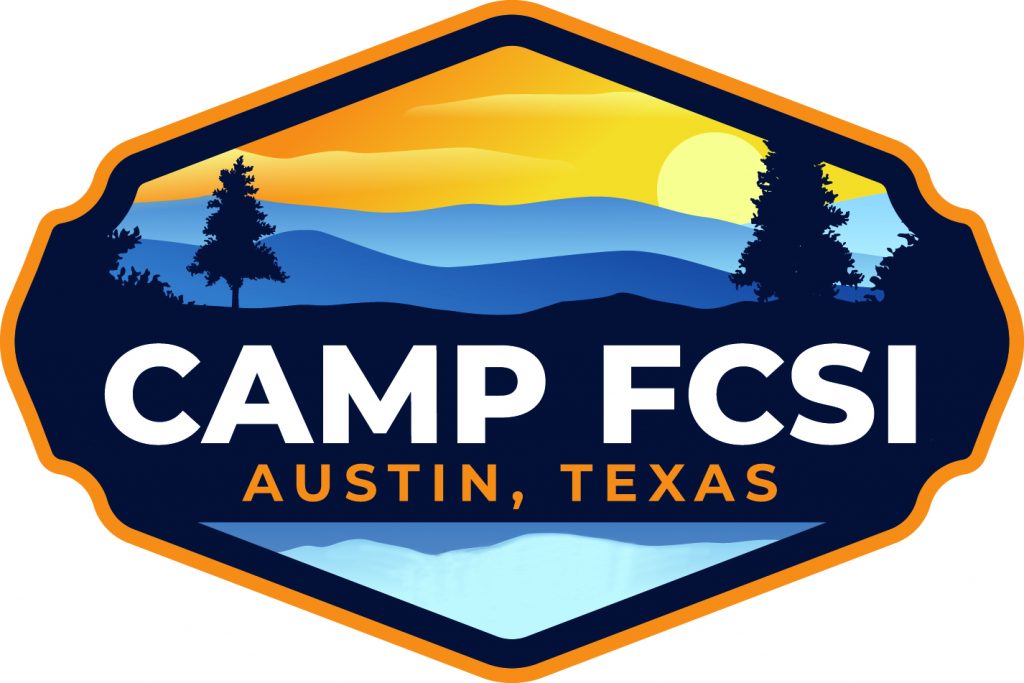
After the initial lockdowns brought about by the Covid-19 pandemic, restaurants in countries across the globe are tentatively reopening to diners, hoping to normalise eating out and boost revenue.
But things are far from business as usual, with social distancing measures and masks making it a very different experience for all. And with the threat of a second peak in the near future, businesses and customers alike are understandably wary.
Steve Sidd FCSI, owner of Catering HQ in New South Wales, Australia, reopened his six venues in June after being closed for two months. While initially a great success, a recent case in a nearby restaurant caused panic among the community and customer numbers dropped off dramatically. He tells us how they’re dealing with the situation and his plans to bounce back.
How did you approach the initial reopening following lockdown?
We reopened on 1 June with a limited menu and we ran with that for the first month, just to see how numbers recovered. And people were coming back. I didn’t want things to get stale, only having a limited menu – we have a lot of regular clientele and I wanted them to have more variety, so they could come back more frequently. So, from 1 July, when restrictions were lifted even further with more diners allowed, we introduced a full-blown menu. We had lunch specials, dinner specials, kids eat free – we did everything. We reopened the business with a full bang. And things were going really well. Week on week we were growing, we brought back our events team and started getting those numbers in. And then there was a case at another venue nearby here in Sydney and people just pretty much stopped going out. Consumer confidence plummeted and that had a significant impact.
What affect did that have on the business?
Terrible, absolutely terrible. It’s so frustrating because we were on such a good path. The weekend of 12 July, things were really looking up for us and I could see things getting back to normal. Numbers were back up to 40% from about 25% just before lockdown. Now it feels like we’re going through that pandemic again. We had to act very quickly and scale right back on labour. But, because of what we’d already gone through, we were more prepared and more proactive this time around. We’d done the planning for our rosters and our labour force, so we knew what a reduced staff would look like – the only difference being that this time we had to handle a 41-item menu with that reduced staff. We might have been a bit premature with launching a full-blown menu, but I’m not prepared to go back to a limited menu now. I still want people to have a reason to come to our venues and I don’t want to go back and forth – I don’t want to confuse my team, the diners, and I’m not willing to take the risk. But businesses have to be very mindful not to get too excited too quickly, because if you’ve got to cut back your labour, you need to have that shorter menu. Labour, wastage, opening stock – from a cost perspective, you’re better off being cautious about it.
How did your staff feel about coming back to work?
The staff were excited to come back. The ones who’ve returned have really bounced back. They’re happy to be around people and in the work environment. We’re in constant communication with them, showing them that we do have the protocols and policies in place for them to come back to work safely. We’ve done a lot of online training and are now organising face-to-face training. We’re doing temperature checks for all staff and also get them to wear a Covid-safety sticker, so customers know they’ve been checked and can see the steps that we’ve taken to make sure it’s a safe environment for everyone. We have had to cut staff by around half since the beginning of lockdown, with 122 now on our books and 48 of them eligible for the JobKeeper Payment scheme. Without JobKeeper, we wouldn’t have survived. The latest news it that the scheme is being extended to include all workers who were employed on 1 July, with payments until March 2021, which is great because the industry really needs it.
What are the main priorities for diners right now?
Diners’ expectations have changed so we need to accommodate people’s needs and give them what they want, so they are comfortable coming to our venues. We have to be a safe place to dine out. Not only does the menu have to be right but we need to show that we’re doing everything we can to keep them safe. All of our staff are now wearing masks. It’s not mandatory, but we’re doing it. We’re sanitising the tables, chairs, putting all the measures in place and publicising our Covid-19 policy, so that when customers come they see that we’ve taken those precautions and they can safely eat in that environment. Giving them that sense of confidence that they can come back time and time again.
How are you reaching customers to encourage them to return?
We’re doing a lot of direct digital marketing with our regular customers, so emails, and a lot of social media. We’re showing staff wearing their PPE, sanitising tables, providing them with our Covid-policy to give them that sense that our venues are safe. We’re also showing them our indoor and outdoor dining spaces – photos that show them we’re working with a large space where social distancing and keeping 1.5m is no issue for us and there are plenty of areas for people to dine.
How has this recent experience changed your preparations for if you get a case?
In the past we’ve had a lot of staff move from venue to venue as needed, but we’ve stopped that to reduce the risk of cross contamination if we do get a case. We’ve also prepared media releases, and prepped cleaning companies to come in if we do get shut down, so we can act on it as quickly as possible.
What about how you plan for the future?
I don’t know what I’m planning for! In saying that, I spoke to my group executive chef yesterday and we’re already planning dinner specials for the months through to December. We had a photoshoot last week, so we’re promoting Father’s Day in September and still taking event bookings, so that if restrictions are lifted people can go ahead. We’re showing our community and diners that we’re still here and we’re being proactive. We’re trying to be as much business as usual as possible and we’ll adjust things according to restrictions as and when. In the summer, people will come out more, which is good for business but there might be another spike. Covid will be with us for some time yet. It’s about managing your business as effectively and efficiently as you can during this time. We’ve got to look at it the way business is today, not the way it used to be.
Why is maintaining this positive attitude so important?
How you approach things is really essential, because it rubs off on your staff. You’ve got to keep positive and keep moving and keep morale up. That doesn’t mean there aren’t difficult days, but they can see what’s going on and you’ve got to keep them motivated. I employed a new head chef at one of my venues recently and he came to me and said he knew what we were going through and offered to take a pay cut. I was so impressed, but I told him I wouldn’t expect him to do that. I don’t want to take advantage of my staff. We’re riding a wave and we’ll get through it together.
Liz Cooley




